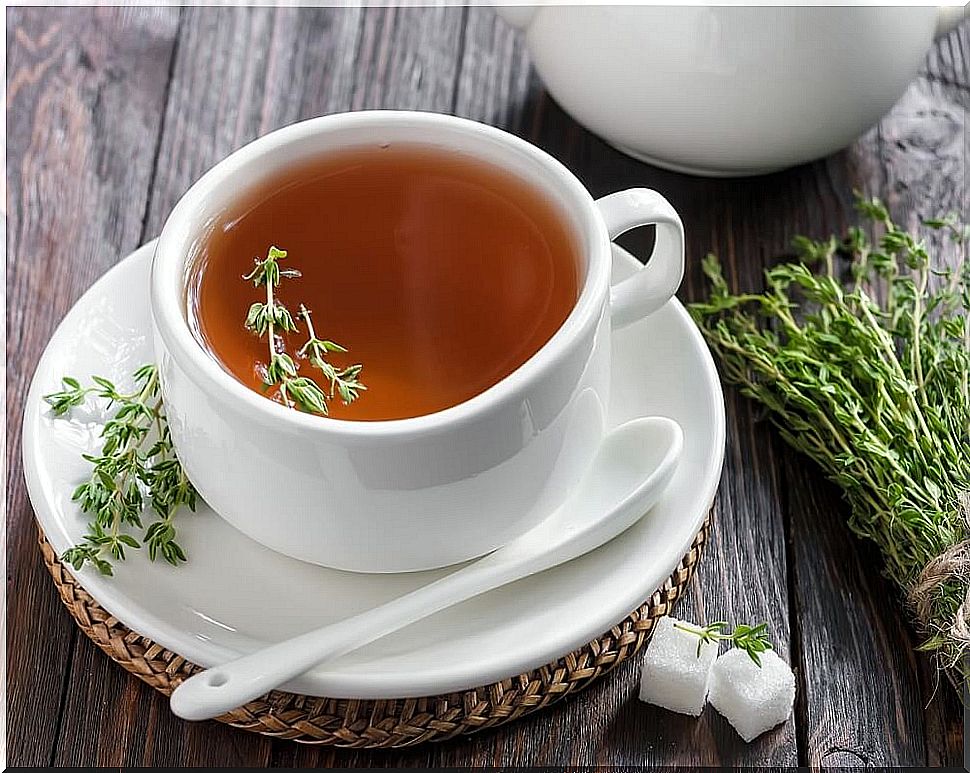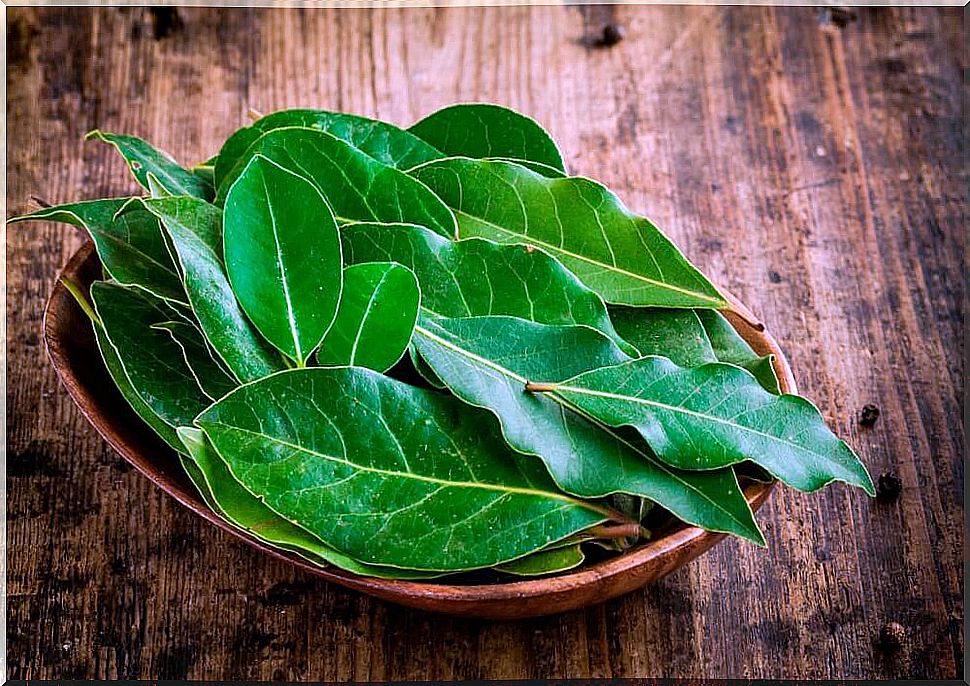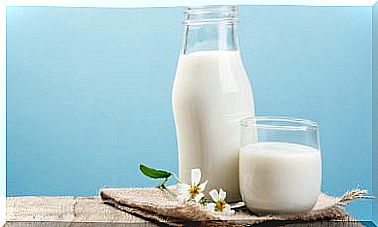5 Remedies With Plants That Help You Expel Phlegm
Phlegm is those sticky secretions that come from the respiratory tract. Therefore, its main purpose is to maintain the lubrication of the area, to trap and facilitate the expulsion of all contaminating or infectious agents. If they stay in the airways they are very annoying. For that reason, in this article we will tell you 5 remedies to expel phlegm.
Phlegm is a fluid that is made up of glycoproteins, antibodies, and other substances. They do, however, play a key role in immune health.
They are necessary in their proper measure. However, with some infections they occur excessively. That is why they lead to congestion and other uncomfortable symptoms.
Fortunately, in addition to conventional treatments that promote sputum, there are several natural solutions that can help reduce them.
In any case, we find some herbal remedies that, due to their properties, help to expel it from the lungs.
Do you know them? We share the best 5 with you.
1. Use eucalyptus to expel phlegm
Eucalyptus leaves contain essential oils, antioxidants, and anti-inflammatory compounds. In addition, they help reduce irritation caused by excess phlegm.
Its concentration of volatile substances helps clear the nose and respiratory passages. Above all, it removes secretions that obstruct the normal passage of air. For this reason, you can expel phlegm, according to this study carried out by the University of Guayaquil (Ecuador).
Ingredients
- 3 tablespoons of eucalyptus leaves (30 g)
- 2 cups of water (500 ml)
Preparation
- Add the eucalyptus leaves to a pot of water and boil for about 5 minutes.
- Cover the drink so that the steam does not escape.
How to use
- Uncover the pot and put your head close to inhale the fumes.
- Cover yourself with a towel for the most effective results.
- Do the treatment for 5 or 10 minutes and rest.
- Repeat it the next day if you consider it necessary.
2. Oregano
According to this study by the Technological Institute of the Yaqui Valley (Mexico), oregano leaves contain essential oils and antibiotic substances that help fight infections that cause excessive production of phlegm. Consequently, it also helps you to expel phlegm.
Its infusion loosens mucus and helps reduce congestion.
Ingredients
- 1 teaspoon of oregano (5 g)
- 1 cup of water (250 ml)
Preparation
- Add the oregano to a cup of boiling water and cover.
- After 10 minutes, strain the drink and consume it.
How to use
- Drink 2 or 3 cups of infusion a day, until the respiratory passages are clear.
3. Thyme

The medicinal properties of thyme have been used as a supplement to accelerate the recovery of catarrhal and flu processes.
It has antiseptic, expectorant and antispasmodic compounds (according to this study from the Federal University of Viçosa, in Brazil) that would help control coughs and irritation related to excess phlegm.
Ingredients
- ½ tablespoon of thyme (5 g)
- 1 cup of water (250 ml)
- 1 tablespoon of honey (25 g)
Preparation
- Add the thyme to a cup of water and bring to a boil for 5 minutes.
- Cover the drink and let it sit for 10 more minutes.
- When it’s ready, strain it and sweeten it with a tablespoon of honey.
How to use
- Drink 2 cups of thyme tea a day for 3-5 days.
4. Ginger
Gingerol is an active compound in ginger. In this way, it acts as an antibacterial, expectorant and anti-inflammatory, favoring the relief of respiratory infections. This is suggested by this study from Isfahan University (Iran).
This compound has antioxidants and oils. In short, it helps to eliminate secretions and toxins.
Ingredients
- ½ tablespoon of grated ginger (5 g)
- 1 cup of water (250 ml)
- 1 tablespoon of honey (25 g)
Preparation
- Grate the ginger until you get the equivalent of half a tablespoon, then pour it into a cup of boiling water.
- Cover the infusion and let it rest for 10 minutes.
- After this time, strain the drink and sweeten it with honey.
How to use
- Drink up to 3 cups of ginger tea a day.
- Take it 2 or 3 days, until the production of phlegm is reduced.
5. Laurel

Bay leaves are full of natural components that benefit lung health. For this reason they are recommended to facilitate expectoration and relieve chest congestion.
Ingredients
- 1 tablespoon of bay leaves (10 g)
- 1 cup of water (250 ml)
Preparation
- Add the bay leaves to a cup of boiling water and let it steep for 10 minutes.
- Strain the drink and drink it.
How to use
- Drink up to 2 cups of bay leaf infusion a day.
- Optionally, you can dip a clean cloth in the drink and apply it as a compress to the chest.
- Repeat the treatment until the congestion and excess mucus are relieved.
Remember that, as a complement to these remedies, you must increase your consumption of water and healthy liquids. After all, it seeks to promote the cleaning of the respiratory passages and expel phlegm.
Also, for the duration of congestion, you should stay away from irritating chemicals, dust, and other volatile substances that can make the problem worse.









